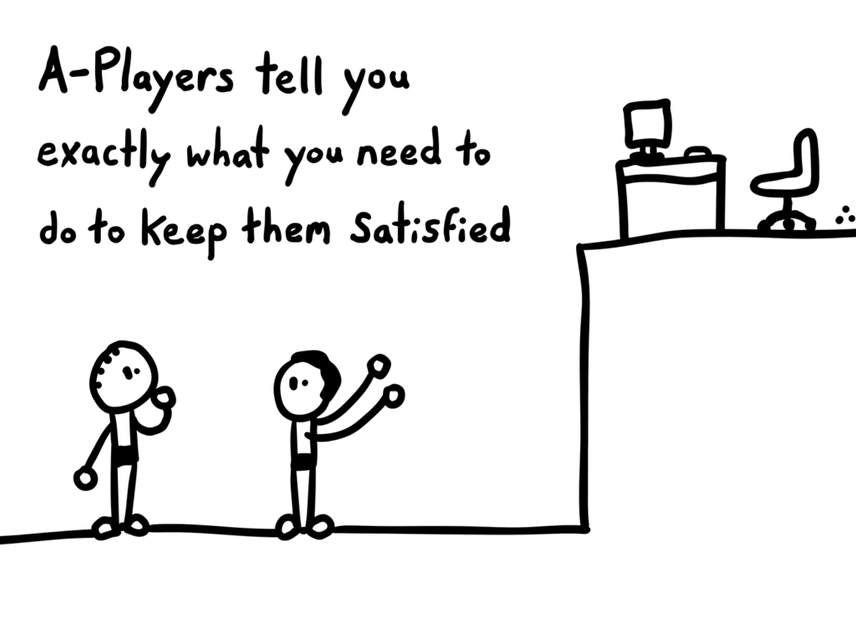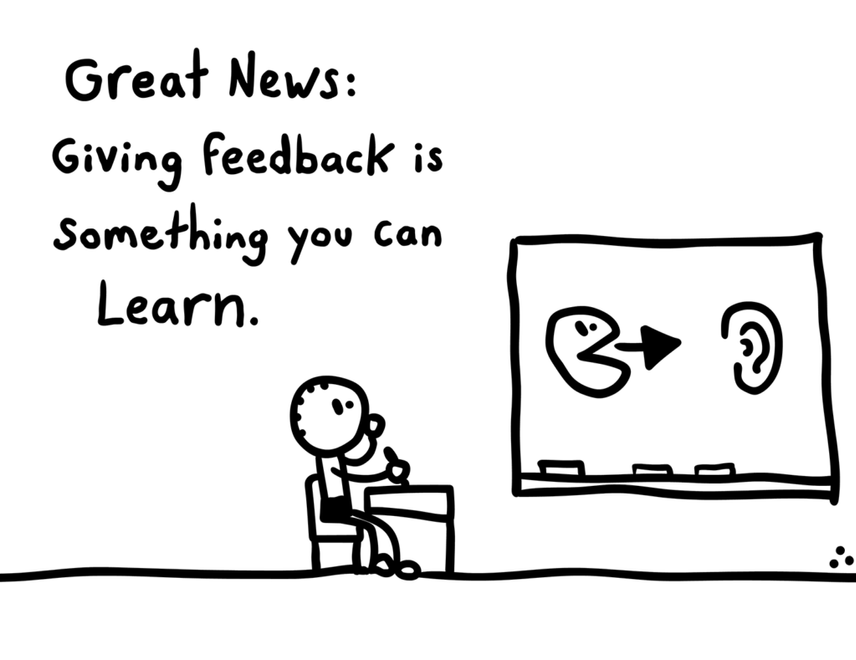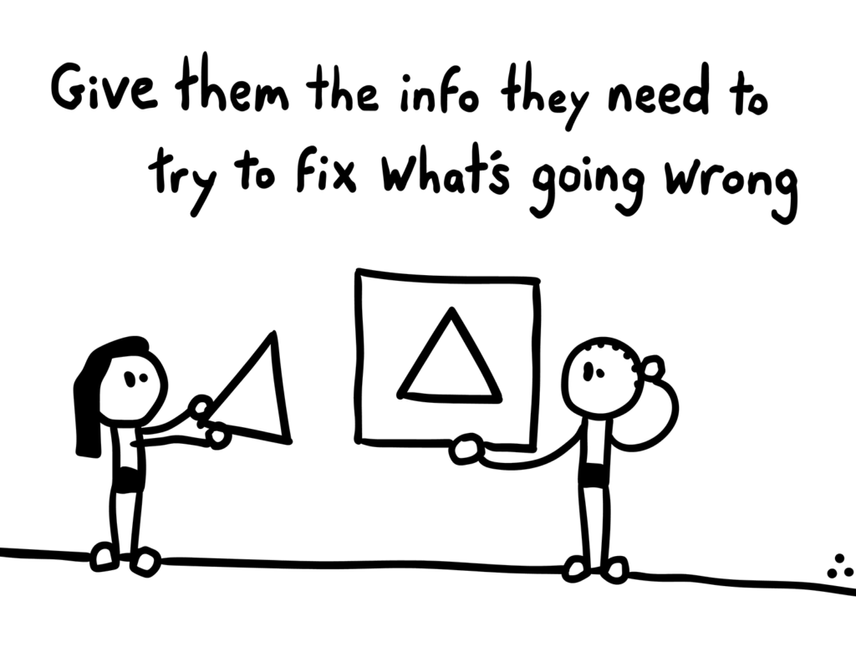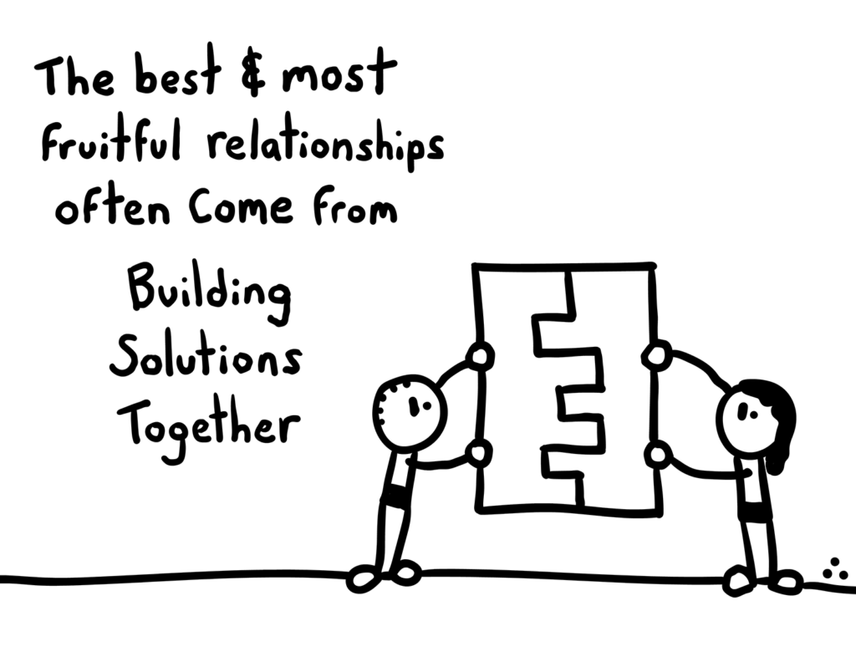Don’t Tell Me Why Your Job Sucks. Tell Your Boss First.
- Thought Leadership
- By Seth Besmertnik
- 5 minutes read
So my team has been actively looking to fill a role. They found someone they like who went through their process, and it’s time for the final interview with the founder of the company.
My main focus is to determine if this person is a cultural fit and lay a foundation to build a relationship with this potential employee.
The interview is underway, and I ask the candidate why they are looking to leave their current job. They go on and on about the issues at their company: their boss, their manager, their process, etc. (the better people will at least do this in a much more respectful and tactful way). Nevertheless, they have issues, and the issues are legit.
My first question is: “What does your manager say when you talk about these problems?”
There’s a brief pause. That’s when I find out they’ve never spoken to their manager about why they’re unhappy. I’m quick to respond.
“So she doesn’t know???”
”No, I haven’t shared it with her yet.”
“Ok, so we just met 30 minutes ago, and I know about all the issues with your current company (that pays your salary every two weeks). But the person who might be able to help or fix this stuff doesn’t know.”
I'm thinking...this is madness.
If you’re here talking to a stranger (me) about your problems, that means it is only a matter of time when the roles are switched, and I’m the one hasn’t been told anything and someone else is now hearing your issues with me/Conductor (my company). This is not good.
Years ago in speaking with a mentor, I made a statement about how I thought A-players were harder to keep than B-players and he immediately told me I was wrong.
He said: “It’s the opposite. A-players are much easier to satisfy. They tell you exactly what you need to do to manage them — what’s working and what’s not. B-players bottle it up, and you don’t find out until it’s too late.”

That forever stuck in my brain.
Great communication is foundational for success (in and out of office). Great people find a way to share their feelings, needs and desires with the people who matter to them - like your manager. And if they have too, they eventually go speak with their bosses boss (more on that here). Failure to do so leads to missed opportunities and disappointment in every part of life.

I know these conversations can be really scary and hard to have - and that’s what makes them so important. To move forward in life, you want to make sure you don’t leave anything behind. “No regrets” applies to both actions and conversations.
Think about it this way: you have the power to make your situation better in an organization that you have already invested in, and that has already invested in you.
The great news: giving feedback to your manager and in your organization is something you can learn. I’ve been on the other side of these kinds of conversations many times, and I want to share a simple approach that works very well.

It starts with something like this:
“[Manager Name], I’ve been with the company for 3 years, and I’m grateful for everything I’ve learned here. I respect you and would like to see myself here another 3 years. However, there are some issues that really give me some doubts about the future here and I wanted to share them with you so we can work together to fix them.”
The key points to communicate:
- Show gratitude for what you have received (this has to be authentic)
- Show respect for your manager and company (also authentic)
- Demonstrate that you want to be here (also authentic)
- Clearly, and unemotionally, lay out your problems
- Even better, bring solutions!
You may be shocked at how quickly your company will react and fix some issues. And it’s not until you have communicated them to your manager, your people team, and, yes, even your boss’s boss- that you should feel like you’ve made the effort and are ready to move on... knowing you gave them a chance to demonstrate their true values.

When I meet people who have gone through this process and had their companies fail to deliver, I say to myself, “it’s my lucky day.” On the flip side, I’ve had some of these people call me years later thanking me for encouraging them to have these conversations.
As for the person(s) I just mentioned above who haven’t done this, my recommendation is always, before taking a new job, to try and make the one you have work out – communicate and give them a chance. When you have worked somewhere for a few years, you are worth a lot to the company.
Make an effort to right the situation and give them the information they need to try to fix what’s going wrong.

Communicate with the people who matter and can make a difference before you talk to the people who haven’t done anything for you yet. Face the issues head on, instead of running away.
I’ve often found that the best and most fruitful relationships often come from building solutions together, especially coming out of frustrating or difficult situations.
That’s how you build a great team, a great career, and a great life.

Do you disagree with me? Share your story in the comments section, or connect with me on LinkedIn .







